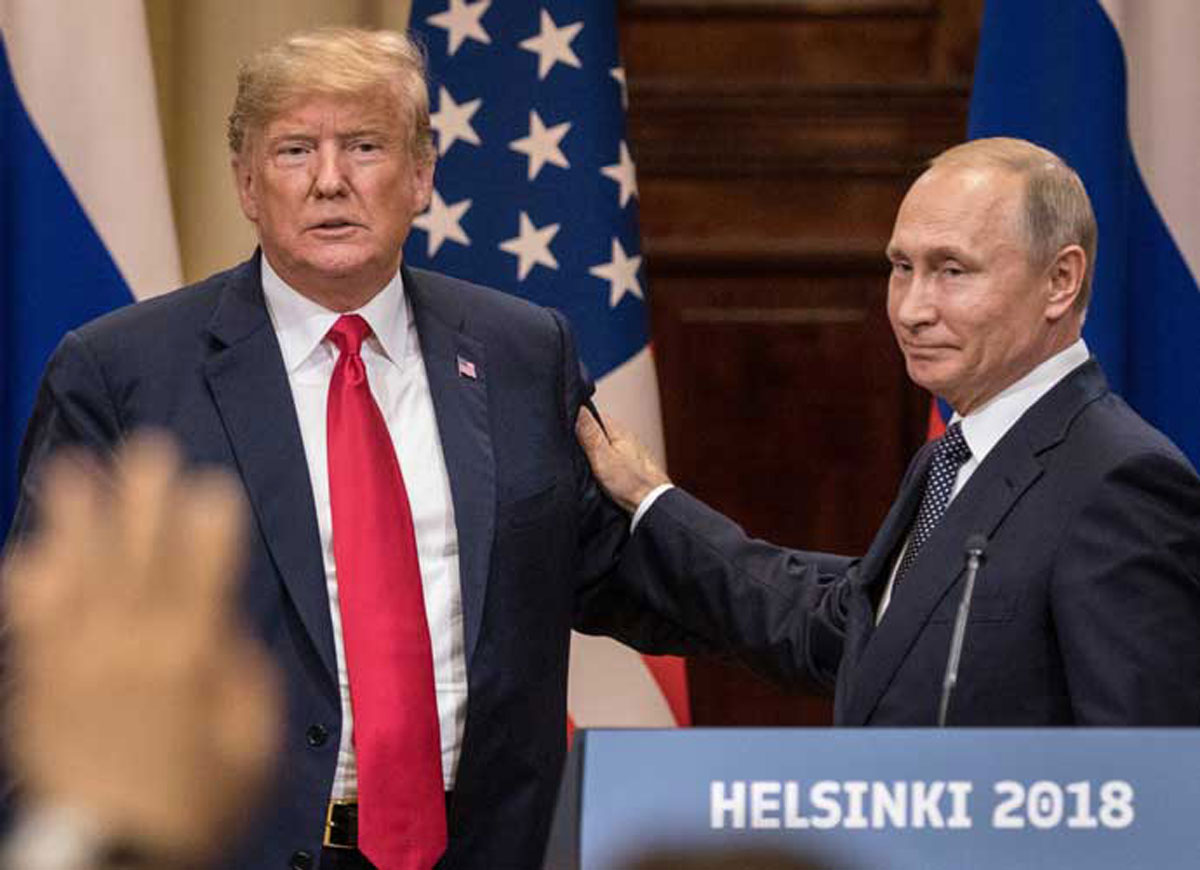‘Mr. Jones’ Movie Review: Historical Drama Tells Important Story With Poise

3.5/5
Nothing is as refreshing as a movie that not only tells a story worth telling but also finds a way to tell it meaningfully. Polish maestro Agnieszka Holland‘s new biopic of Welsh journalist Gareth Jones does an excellent job of focusing on the beautifully human details of an epic true story.
The film follows Jones (James Norton), recently fired from his job in the British government, as he travels to Moscow in 1933 in the hopes of interviewing Jospeh Stalin. The ever-acute Jones smells something foul in how the Kremlin’s spending continues at extravagant levels despite the fact Russia’s currency valuation is in a state of freefall. Upon his arrival, he realizes that number problems are not the only thing strange in Moscow.
The film mostly tracks Jones’s journey alone as he moves from the United Kingdom to Moscow to Ukraine and back to the United Kingdom, but a few interesting characters make appearances along the way. Peter Sarsgaard, perhaps Hollywood’s best faux-British accent, plays New York Times reporter Walter Duranty perfectly, capturing the man’s complex ethos in just a slim few scenes. Vanessa Kirby also impresses as Ada Brooks, a fellow reporter whose intricate relationship with Jones helps shape his fateful career as a journalist.
Due to the nature of the story it tells, the form of this film is necessarily fractured. The opening third watches like a light political thriller with plenty of intrigue to boot. The middle, however, slows down the pace significantly as Jones bears witness to some of Stalin’s most horrifying atrocities. The third act has little in common with the previous two as Jones attempts to tell his truth to the rest of the world. The film attempts to tie this all together by clumsily focusing on the connections between Jones and a budding George Orwell, who was ostensibly inspired by Jones’s exposé in his writing of Animal Farm. It’s poorly done, but doesn’t receive enough attention to derail the film entirely.
While the film maintains that indefinable sheen of normalcy that so many biopics have, there is just enough originality in the film to keep things fresh. Norton’s scenes with Kirby are particularly excellent, with Kirby’s performance suggesting so much more than is actually revealed. Andrea Chalupa‘s script also does a nice job of cutting back on any cumbersome exposition and allowing the audience more intimate access to these characters than many other writers might have offered.
Barring some moments of highly questionable shaky-cam, Mr. Jones airs on the side of safety. Thankfully, the film’s components work together well enough that the final product is still eminently watchable and does a great job of delivering a complex, crucial story — at a time when it is perhaps most needed.
RELATED ARTICLES
Get the most-revealing celebrity conversations with the uInterview podcast!





Leave a comment